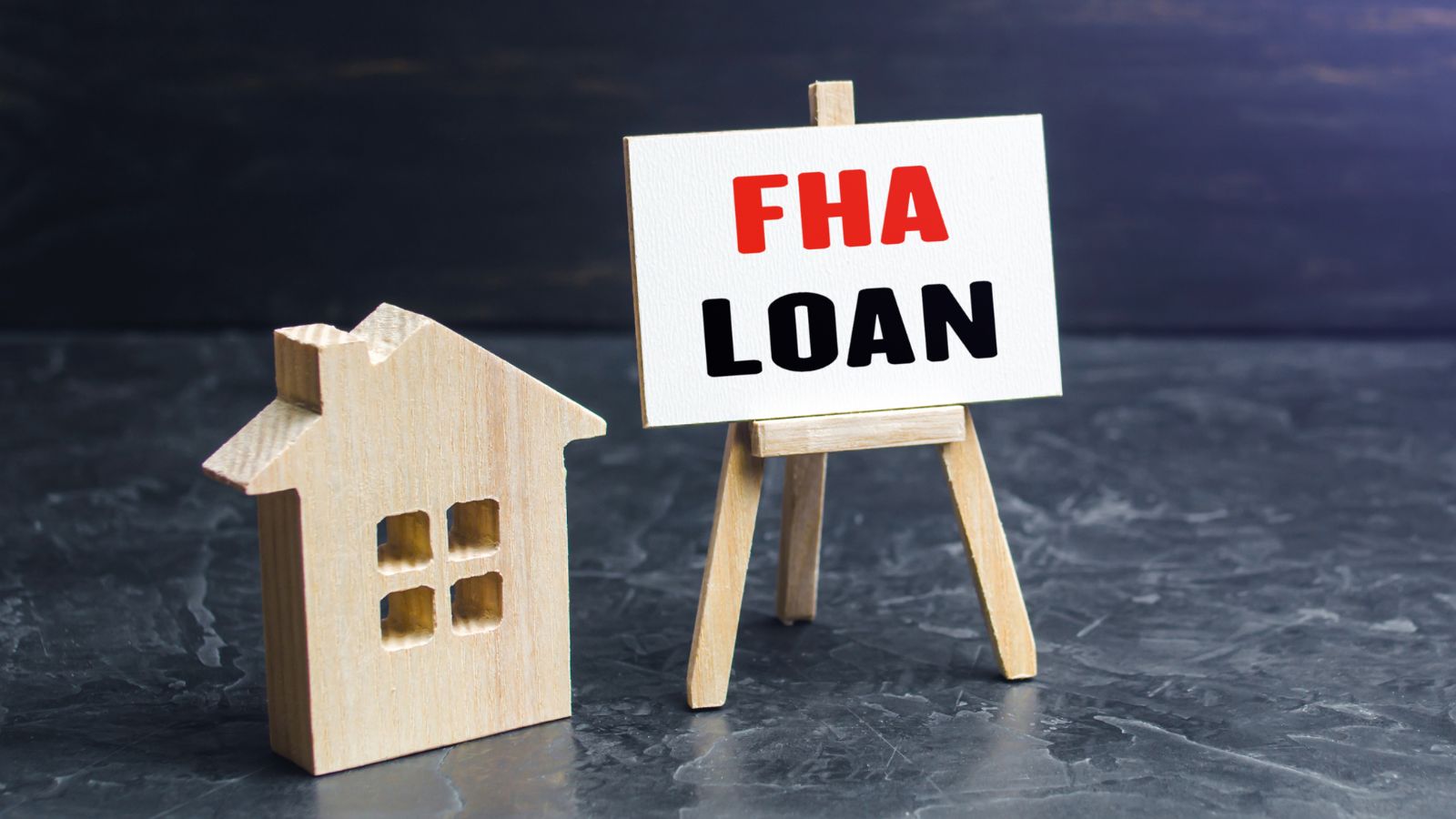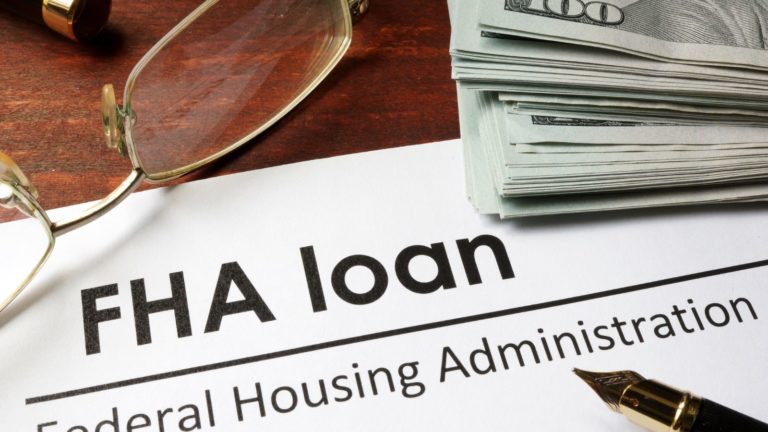The housing cost is skyrocketing across the US. Add to this the burden of loans, credit card debts, and other living expenses, most people are financially stretched. They have no time to worry about saving for a down payment, maintaining a good credit score, or lowering their debt-to-income ratio. For this reason, when they eventually reach a position where they can afford the monthly mortgage payment, they no longer qualify for a conventional home loan.

But the good news is that they could take advantage of FHA loans with lenient qualification criteria to attain homeownership. Nonetheless, are FHA loans really a good option? Are the extra costs worth the reduced standards?
Here’s everything you need to know about FHA loans, their eligibility requirements, the application process, advantages, disadvantages, and if they could be a good fit for you.
What Is an FHA Loan?
FHA (Federal Housing Administration) Loan is a type of mortgage designed to help people with not-so-perfect financial aspects (such as the lack of a 20% down payment savings or a good credit score) buy a home. Unlike conventional loans that aren’t backed by a government agency, FHA loans are guaranteed by the Federal Housing Administration. Meaning, the FHA pays your lender compensation if you default on your monthly mortgage payments.
For this reason, conventional loans are hard to get qualified for–you should have a 620-credit score and a 36% debt-to-income ratio. On the other hand, FHA loans have less stringent eligibility criteria–a 500 credit score and a 43% debt-to-income ratio.
How Does an FHA Loan Work?
You can avail an FHA home loan from almost any mortgage lender across the US. Nonetheless, there are a few things you should know before applying for an FHA loan.
To begin with, FHA loans aim to help average Americans purchase homes. Hence, there are limitations to the amount of money that can be borrowed. The loan limit is updated every year based on home price movements. In 2022, the FHA loan limit for single-family homes in most areas across the US is $420,680. In high-cost real estate markets, the ceiling is $970,800.
Additional FHA loan requirements include:
- 500 Credit Score – Generally, a credit score of 580 is considered ideal when applying for an FHA loan since it will allow you to put just 3.5% of the purchase price down. Nonetheless, you can also avail an FHA home loan with a credit score of 500 by paying a 10% down payment.
- 3.5% Down Payment – This is the minimum down payment you should save to qualify for an FHA loan. However, you can choose to put down more money.
- 2 Years of Continuous Employment – You should have been employed continuously in the same field of work for at least two years.
- Low Debt-to-Income Ratio – Often, a debt-to-income (DTI) ratio of 43% or less is considered ideal to secure an FHA loan. Nevertheless, some lenders might be willing to accept a higher DTI ratio. Even so, you may not be eligible for an FHA loan if you spend more than half of your income on debt payments.

Disadvantages Of an FHA Loan
While FHA loans come with lenient eligibility criteria and no PMI, you are still subject to mandatory MIP (Mortgage Insurance Premium) payments which are used to mitigate risk to the lender. You will pay 1.75% of your loan as MIP at closing and an annual premium of 0.45% to 1.05% of your mortgage.
Hence, you must compare the PMI of conventional loans and the MIP of FHA loans to see which will be more affordable in the long run before narrowing down on one mortgage option.
- Strict Property Standards
FHA has put forward strict property standards to mitigate the risk and protect the lender. Your chances of getting approved for an FHA loan are thin if the home you wish to purchase has significant safety issues or structural damages or if it is in a loud area. While that is a huge downside, it also prevents you from purchasing a home that requires expensive repairs and upgrades.
- Loan Limit
FHA loan limits are comparatively lower than conventional loan limits. In 2022, the FHA loan limit for single-family homes in most areas across the US is $420,680. In high-cost real estate markets, the ceiling is $970,800.
While these smaller loan limits ensure that you borrow a loan you can afford to repay, they might keep you from buying your dream home just because it is expensive.
Should You Apply for An FHA Loan?
While there is no such thing as a perfect mortgage, it is still important to consider if the pros of an FHA loan outweigh its cons before you apply for one.
FHA loans offer people who have endured financial bumps a shot at homeownership without the need for a high credit score or huge down payment savings. Nevertheless, that doesn’t mean FHA home loans are the best mortgage options for you.
With an FHA loan, you will be subject to a higher interest rate. Additionally, the MIP can quickly add up. So, in the long run, you will be paying significantly more for an FHA loan than a conventional loan. In addition, paying just 3.5% as a down payment means you are starting with very low equity. If your home value begins to fall in the future, or you are no longer able to afford monthly mortgage payments, you could be in serious trouble for a while.
A way around this is to improve your credit score and save more for a down payment. Once that’s done, there is a good chance that you will be eligible for a conventional loan. This will save you from higher interest rates and MIP, meaning you save more in the long run.
Nonetheless, if you feel FHA is right for you, start your search for an FHA lender, and apply for an FHA loan.
Contact Jackie Ruden Realty Team
Give us a call today at (435) 272-7710 to set up a time to discuss your current and future real estate goals in regards to buying a home or buying a property in trust. We look forward to working with you to make your goals a reality.





